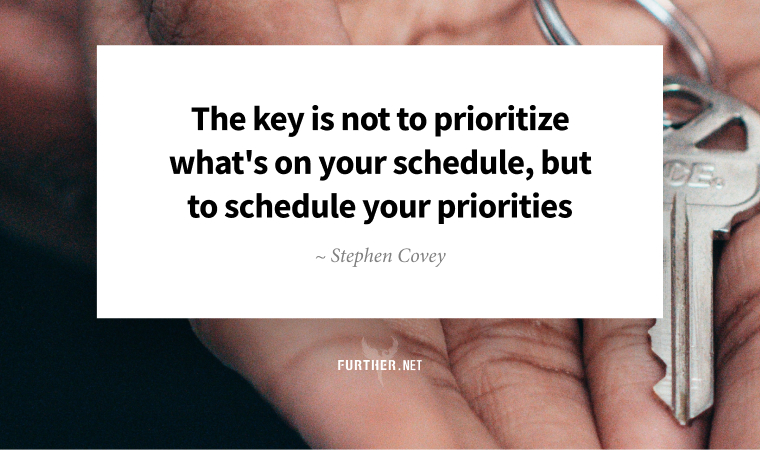
Have you noticed lately there’s a curious alignment between productivity and distraction? Of course, the two are theoretically enemies of each other. But nowadays, both are equally demonized, which makes you wonder why they’re not canceling each other out.
On the one hand, there’s a plea to ban toxic productivity. On the other, we’re constantly being told how we’re so distracted by technology that we can’t focus anymore.
So, which one is it? Are we working too hard or hardly working?
The answer is both. Luckily, this isn’t a new quandary — the ancients developed philosophies and practices to crack the code for balanced productivity that are just as effective today as they were ages ago.
The History of Distraction
The rise of smartphones — those tiny handheld forces of dopamine-driving distraction — started about 20 years ago. But the complaints about new technology destroying focus go back 2,000 years when Rome’s Seneca the Younger complained that the proliferation of books was a distraction.
From then on, as print technology evolved, well-known thinkers from Chinese philosopher Zhu Xi to Italian poet Petrarch and French theologian Jean Calvin blamed the glut of books for the degradation of attention and memory.
Apparently, the modern mind — whether metaphorically undernourished, harassed, or disoriented — has been in no position to do any serious thinking for a long time.
Nowadays, we romanticize reading books as a sign of greater focus and a “normal brain.” Rather than praise or blame the medium, maybe it’s time to target the real culprit: how we respond to external stimuli. For less distraction and greater productivity, you can take your cues from the Middle Ages.
Make Like a Monk
A few hundred years after Seneca griped about books, Abba Poemen, the leader of the monastic community of Scetis, called out what he saw as the main cause of his monks’ lack of productivity:
The chief of all wickednesses is the wandering of the thoughts.
A little harsh, but the sentiment holds up. What the monks learned to do to stay present and productive then is as effective in our modern times:
- Identify the purpose of your work and who it benefits. Research shows that understanding who you’re helping boosts motivation.
- Make space to do your work. You don’t have to be a full-on hermit to benefit from prioritizing solitude and steering clear of other people’s drama.
- Create a routine that supports your optimal working style.
- Move — a little exercise can calm your mind.
- Customize how you consume your info (format, medium) and build habits with your tech usage that support your desired results.
Distraction is nothing new, nor is the quest for focus. Just make a conscious effort to quiet your mind, and productivity will follow.
We’ve Always Been Distracted (Aeon)
